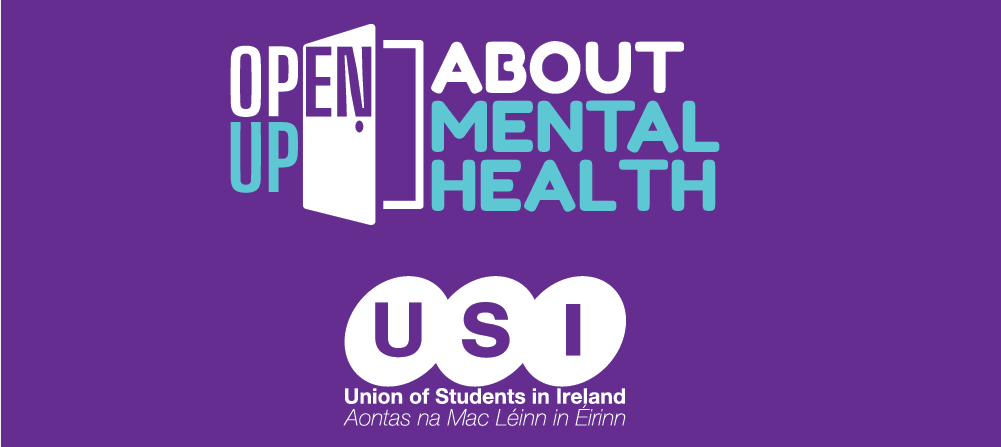Last week (22 – 28 January) was National Grief Awareness Week. The aim of the week is to encourage more people to be grief aware and encourage conversations about the topic of grief.

Losing someone can be difficult, and it’s ok to feel grief however you feel it. There are lots of ways that grief can present itself, and there is no timeline for ‘getting over it’. There are also other forms of grief, such as loss of a job, loss of a partner through a breakup, or the loss of your health through illness.
Some of the ways that grief can present can include the following:
- sadness or depression
- feeling numb, shock or disbelief
- tiredness
- vivid dreams or problems sleeping
- losing your appetite
- difficulty concentrating
- being angry or irritable
- feeling relieved or guilty
- feeling frightened, helpless or lonely
Everyone experiences grief differently, and there are no ‘set stages’ of grief. It can also fluctuate so that you may have good times followed by bad times, and vice-versa. If you are grieving and you find that the feelings are starting to be less intense, that doesn’t mean that you are forgetting the person or that you don’t care any more, it just means that you are learning to cope with the feelings of grief.

There are some things that might help you through the process of grieving; these include:
- Talking about your feelings to someone in your life like a friend or family member, or to a professional
- Keeping a routine and keeping up your everyday activities
- Ask for help from others if you are struggling
- If others offer help, allow yourself to accept it
- If you need to be alone, allow yourself to ask for that, and allow yourself to take the time that you need
- Find ways to keep the connection to the person who has died, for example through photographs, or talking about them
- Think about and prepare for what you might like to do around important dates like their birthday or anniversary

There are sources of help available specifically to help with bereavement if you want to talk to someone who is not a friend or family member:
The Irish Hospice Foundation Bereavement Support Line (hospicefoundation.ie):
- Freephone 1800 807 077 Monday to Friday 10am – 1pm
- If you have been bereaved by suicide, there are specific supports available to you also (although you can still use any of the other supports as well):
Pieta (pieta.ie):
- Freephone 1800 247 247 24/7
- Text HELP to 51444
Hugg (hugg.ie)
- Support groups for anyone over 18 who has been bereaved by suicide, see website for details.
If you are struggling with your feelings or your mental health in any way, related to losing a person in your life, another kind of loss, or for any other reason, help is available, and you are deserving of it.
There is also a booklet available from the HSE with more information and advice .


Recent Comments